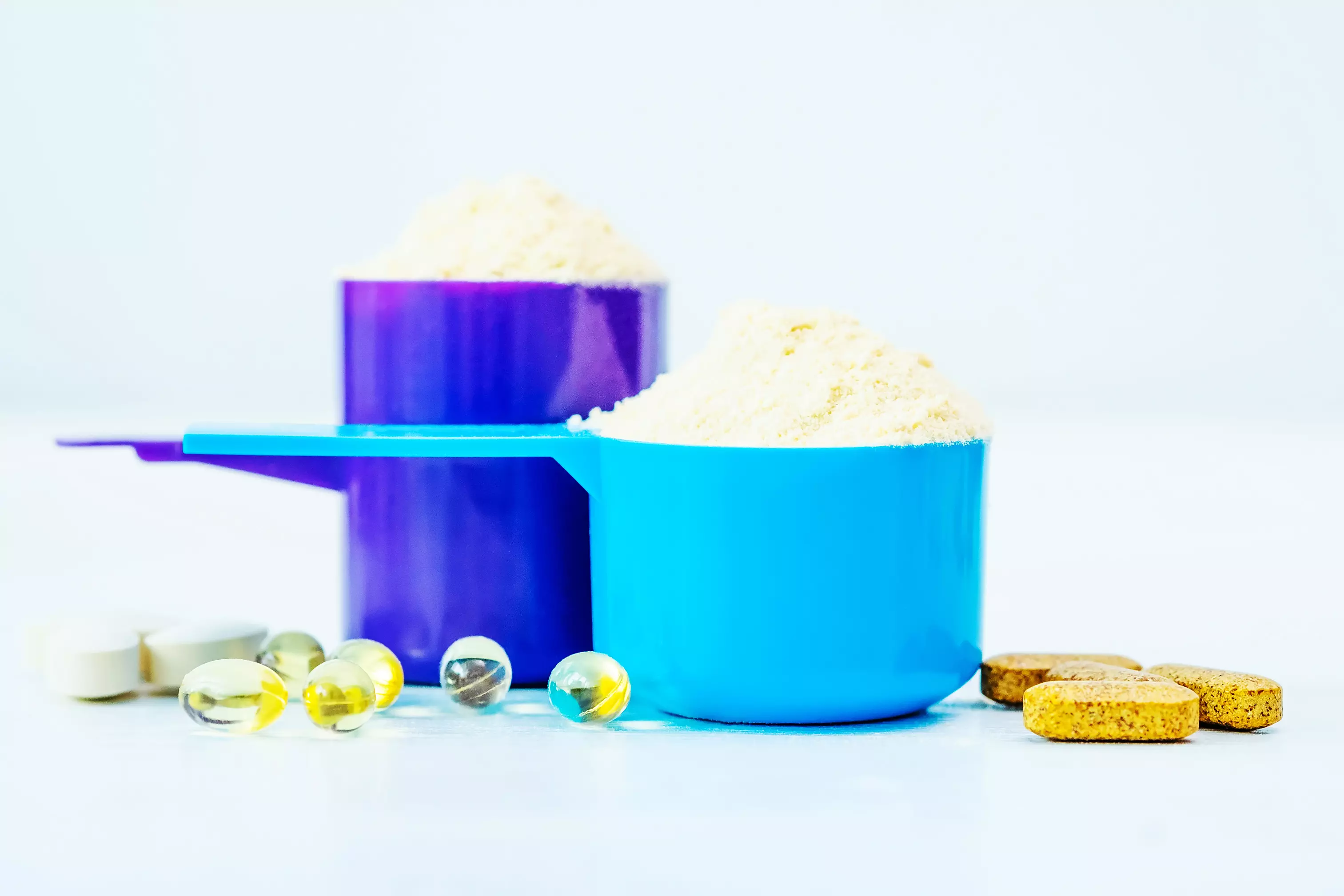Supplementation key to health and well-being
Nowadays, taking care of health is extremely important. Growing public awareness and access to various forms of physical activity mean that more and more people are betting on a healthy lifestyle. However, diet and regular physical activity are not the only elements we should pay attention to. An important aspect of health is also proper supplementation, which can help our bodies maintain balance and ensure optimal functioning.
Why is supplementation necessary?
Our bodies need a wide variety of nutrients that may not be supplied in sufficient amounts with our daily diet. Globalization and adverse changes in lifestyles and the way food is produced are resulting in the diminishing nutritional value of many foods. Therefore, supplementation is an important tool in addressing dietary deficiencies.
An example of such a supplement is vitamin D, which is extremely important for our health. Its main source is sunlight, but many people are unable to fully meet their needs for this vitamin due to limited sunlight in some regions or also due to working indoors most of the day.
What are the benefits of supplementation?
Supplementation can bring many benefits to our health. Providing the body with the right nutrients can help improve the function of the immune system, which in turn affects the body's ability to fight infections. In addition, dietary supplements can support the proper functioning of the nervous system, help reduce obesity, and improve physical performance.
However, it isimportant to remember that supplementation should be used responsibly and always in consultation with a doctor or nutritionist. Every body is different, so it is important to tailor the dose of supplements to individual needs.
What supplements are worth using?
There are many different dietary supplements available on the market. Choosing the right ones for you can be difficult, so it is worth consulting a specialist who can help us identify our individual needs. One popular supplement is omega-3, which has anti-inflammatory properties and can help reduce the risk of cardiovascular disease.
For menopausal women, supplements with vitamin K2 are recommended, which can help maintain proper bone mineralization. And for those who are physically active and participate in sports, protein is an important part of the diet to build and regenerate muscle tissue.
Summary
Supplementation can be an effective tool to support our diet and take care of our health. Properly selected supplements can offset nutrient deficiencies resulting from inadequate nutrition. However, be sure to consult your doctor or nutritionist before starting supplementation. Remember, too, that supplements are only a supplement to a healthy, balanced diet and should not replace full meals.
